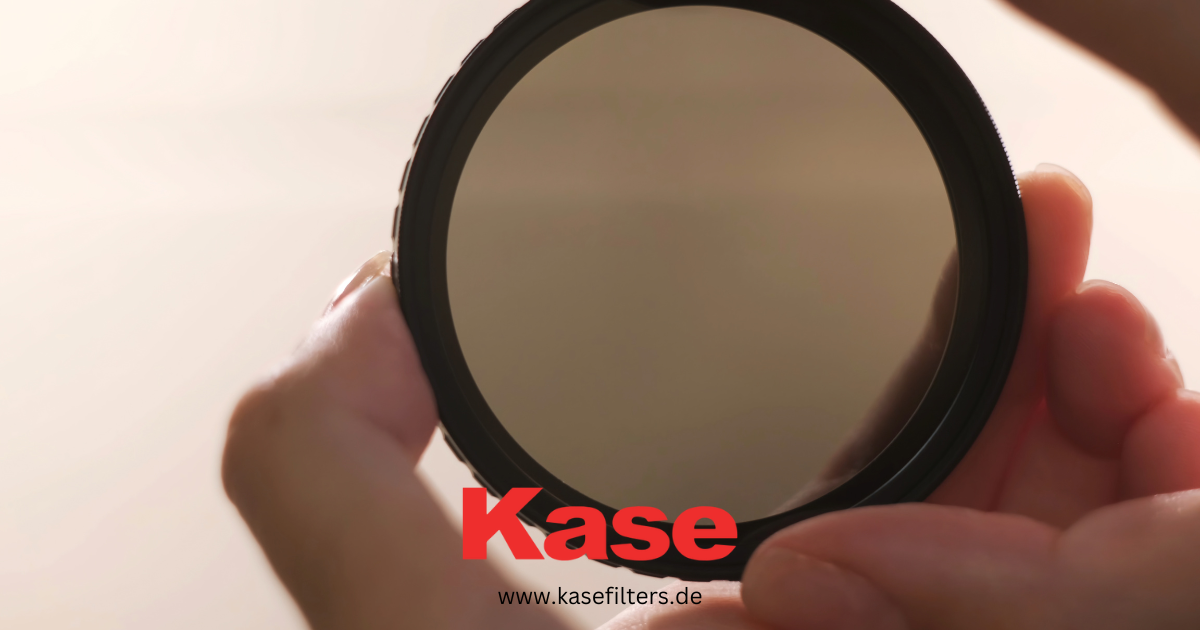General

Camera UV filter vs polarizer: differences and comparison
Circular polarizing (CPL) and UV filters have different effects on photos as they work in a totally different way. If you are choosing which filter to buy for yourself, CPL or UV, and still not sure which one is better, keep reading! In this guide, we will delve into the features of these filters, exploring their distinct purposes and comparing polarizer vs UV filters to help you with the choice.
Protection and clarity with UV filters
UV filters were initially designed to counteract the effects of UV light on film emulsions, preventing haziness and maintaining image clarity. However, sensors within modern cameras are equipped with coatings and technologies that effectively address the issues associated with UV light. So, nowadays, UV filters are mainly used to protect the camera lenses.
When do you need a UV filter?
Photographers often choose UV filters when shooting in harsh conditions to protect lenses. These filters will protect the lens surface from potential scratches, dust, and environmental elements. If you are shooting in the desert, for example, it makes sense to use a UV filter, since it is much cheaper to replace the filter than the lens.
Unlike polarizers, a UV filter does not influence the colours of the image. Can it reduce sharpness? Yes, but only if the filter is of low quality. Kase UV filters do not degrade the image quality, so you can leave the filter on the lens all the time without any problem.
Managing light and reflections with CPL filters
A circular polarizing (CPL) filter is designed to manage light and reflections. When sunlight interacts with surfaces like water, glass, or foliage, it becomes polarized, causing unwanted reflections. A circular polarizing filter selectively blocks this polarized light, reducing glare and reflections.
In comparison to the UV filter, the circular polarizer’s effect is visible in the photo. CPL filter enhances colours and intensifies the contrast. This effect is especially noticeable in the sky, where the filter deepens the blue tones, and foliage, where greens become richer.
When to use a CPL filter?
- When shooting reflective surfaces: CPL filter is particularly useful to minimise reflections when shooting water and glass.
- When shooting landscapes: to boost overall saturation and vibrancy of colours.
- For enhancing blue skies and reducing atmospheric haze.
Circular polarizer vs UV filter: which one to choose?
If you are still not sure which filter to choose for yourself, CPL or UV, this comparison of the main aspects will make it easier for you.
Handling light and reflections
In comparing CPL vs. UV filters, circular polarizing filters demonstrate proficiency in reducing reflections. On the other hand, UV filters, primarily focus on safeguarding lens optics from scratches without influencing exposure.
Colour enhancement
CPL filters enhance colours, especially in landscapes, by minimizing atmospheric haze and intensifying colour tones. UV filters maintain neutral colours, prioritizing optical clarity.
Lens protection
UV filters are mainly used as protection against potential damage to lens surfaces. CPL filters, while offering protection to some extent, are not primarily designed for this. While you can leave a UV filter on the lens for all time, a CPL filter is mainly used when effect is desired. You might need to take off the polarizer when shooting indoors, as it darkens the image significantly, or when using other filters to avoid vignetting.
Conclusion: CPL vs UV filter, which is better?
Both filters have valuable applications, with CPL filters emphasizing colour enhancement and reflection control, while UV filters prioritize lens protection and optical clarity. The decision will depend then on whether you want to have some effects on the image or just protect your camera lens.
Did you like our article? Here's some more for you:
Our experts can help you to choose the best filter for your needs!
